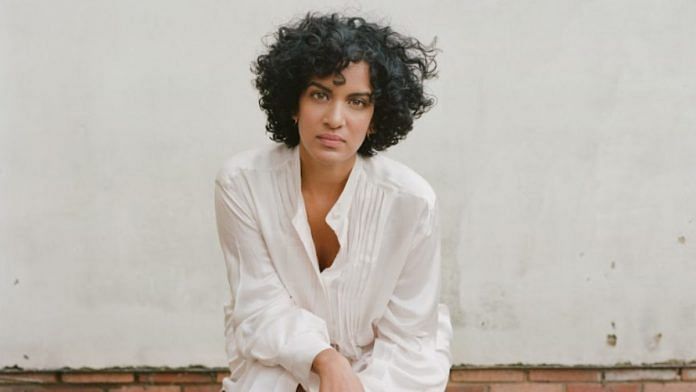On the night of FIFA World Cup final match, the Siri Fort Auditorium in Delhi was almost packed. It resounded with huge applause and standing ovation as renowned sitarist Anoushka Shankar finished her concert. For Shankar, the 41-year-old Grammy nominated artiste daughter of Pandit Ravi Shankar, coming back to India is gratitude-inducing.
The sitarist recently released her new song In Her Name—dedicated to the victim of 2012 Delhi gangrape and murder. Anoushka believes that it is not fair to expect artistes to have overtly political messaging through their art.
“I think it’s important to just stop for a moment and to pay respect or gratitude to art in itself, because simply making art is a hugely political act,” she says.
She adds that even if a work of art is not political, it still has a huge value. Artistes as individuals have different experiences that they share through their work.
“If someone chooses to be overtly political, or have an overt message within their work, that’s because that works for them. But if that’s not for someone else, then it’s not for us to force them or pass judgment on that,” she says.
Grammy nominations and ‘In Her Name’
The musician has got two new Grammy nominations this year—one with Pakistani singer Arooj Aftab for Udhero Na and another for her album Between Us.
Anoushka says that the Grammy nomination for her album Between US is a recognition for experimental music.
“It can be really difficult to put elements like orchestra, sitar and the handpan, and so on together in a way that still feels fresh, modern and respectful of both traditions. What I’m really happy about when I listen to that album is it just has that quality of a really good concert, like the energy of hearing music playing live is there.”
For Anoushka, her new song apart from marking the anniversary of the horrific crime, is beyond individuals and is about the collective injustice happening to women around the world.
Before In Her Name, Anoushka had written another song named after the victim of the Delhi gangrape. In the past 10 years, there have been many similarly heartbreaking incidents.
“In this last year alone, what’s happening to women in one country, or to laws about women’s bodies in another country, it has felt like a really overwhelming onslaught at times —of how far there still is to go, until we can achieve true safety and freedom,” she says.
Also read: Viva – India’s first girl group that sang feminist anthems in the early 2000s
Case of purists, her inner restlessness
Anoushka is not concerned about the purists, and much of her inspiration comes from her father, Pandit Ravi Shankar. She has been doing cross-cultural collaboration with different musicians across the world.
“I think things are different now. The kind of criticism my father faced for purely trying to share his music with the world was so huge, as that had never been done before, but now everyone’s doing it. So, I don’t think the same kind of purists really exist to that extent now,” she says.
Anoushka says that her father set the foundation for the music she is making in this time period. ” For me, one of the things I’m very curious about is taking my instrument, my Sitar, out of its comfort zone out of its context to see what happens when I put myself in another culture.”
The artist added that we can only make the kind of art that reflects our soul and who we are. “it’s not going to be art of that calibre that connects with people if it doesn’t have that truth and honesty in it. And so, I make music that reflects who I am, what my life has been, what I see of the world. And that’s the only way I know how to do it.”
For Anoushka, her inner restlessness and curiosity helps her break the monotony or keep herself going.
“I do feel propelled to keep moving and trying new things in music. And I think on one hand, I can really admire musicians who are the opposite of me, who can really sit still within a rootedness and make music that comes from that sort of centeredness, whereas mine comes from connection, collaboration and looking outwards.”
(Edited by Ratan Priya)



